Wednesday, April 17, 2024
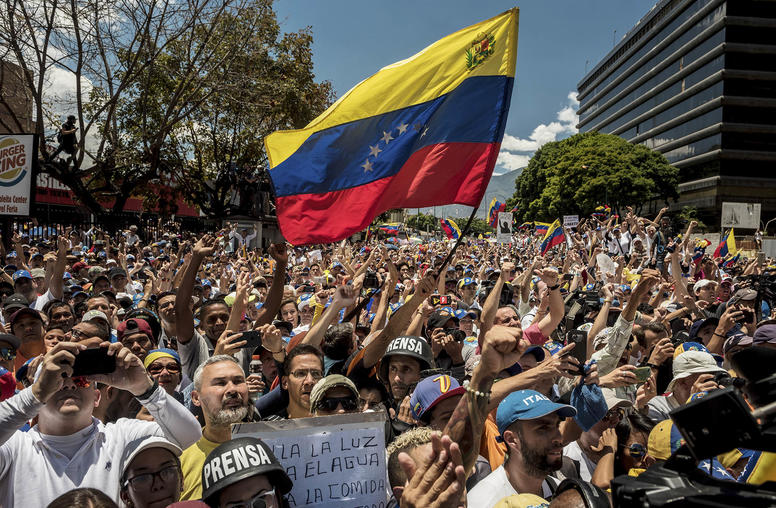
Venezuelan Youth Lead Nonviolent Campaigns for Change
As the Americas’ biggest political and refugee crisis has mushroomed, Venezuela’s massive youth population faces an agonizing choice: to endure the conflict and the privations of a collapsed economy, or to seek economic survival and a better life abroad. With a recent surge of people fleeing the country, more than 4 million Venezuelans now are refugees, the United Nations reported last month. Still, a strong core of youth—nonviolent protest leaders, humanitarian workers and grassroots organizers—is working on peaceful ways to restore stability and democracy.
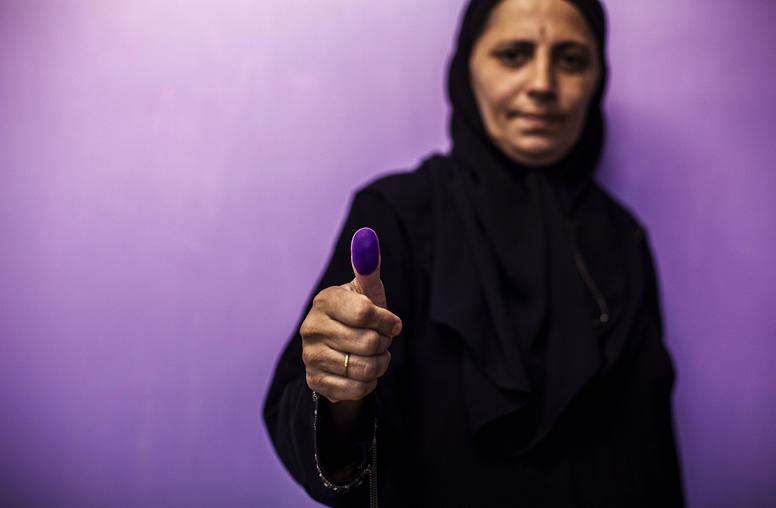
Pakistan’s Participation Puzzle: A Look at the Voting Gender Gap
The Global Gender Gap Index ranked Pakistan in 2016 as the second lowest country in the world for gender equality. Women’s political participation is recognized as an essential component of gender equality and in Pakistan the gender gap in participation is particularly high. Ensuring gender equality in political participation matters: A recent survey conducted by these authors finds that, at least in some public policy domains in Pakistan’s big cities, the issues that matter to women are different from the issues that matter to men. This demonstrates that greater gender equality in electoral participation could substantively change what issues are represented in the political arena.
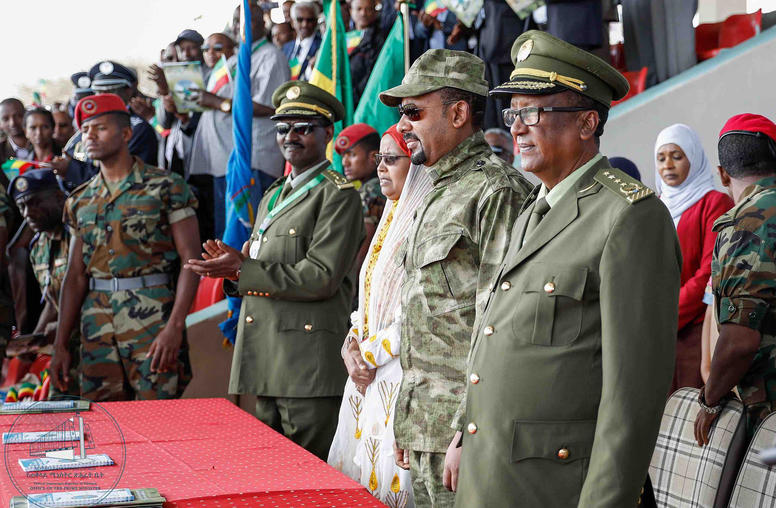
The Latest on Ethiopia: 3 Things You Need to Know
Last year, Ethiopian Prime Minister Abiy Ahmed’s efforts to enact political reforms and broker a peace deal with neighboring Eritrea ushered in new hope for the country. But recent political assassinations have raised questions over Ethiopia’s transition. Here are three things you need to know.
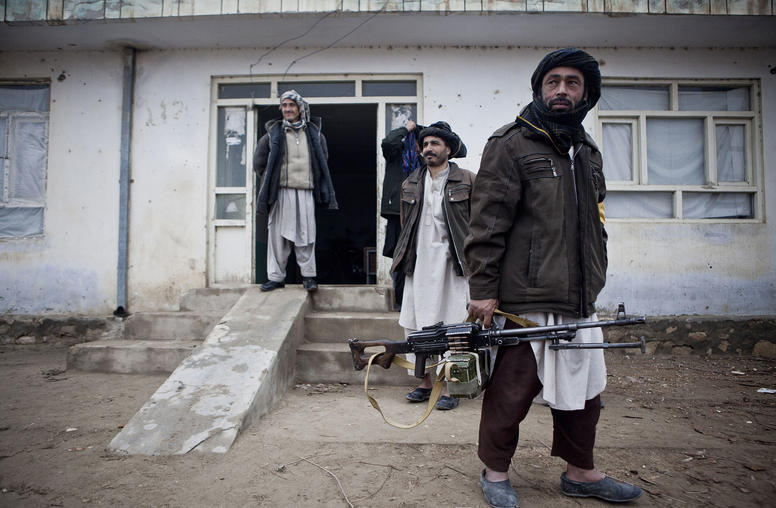
To Build Peace, Afghans Revive an Old Definition of Manhood
Across Afghanistan, Rafiullah Stanikzai has spent thousands of hours with young men, learning how 40 years of war has warped Afghans’ ancient culture and corrupted their notions of how, simply, to be a man. Stanikzai is working to reverse that change, because stabilizing any country from war requires not only political negotiations, like those between U.S. diplomats and the Taliban. Any sustainable peace must also change enough hearts and minds that a people can return to settling disputes without guns and grenades.
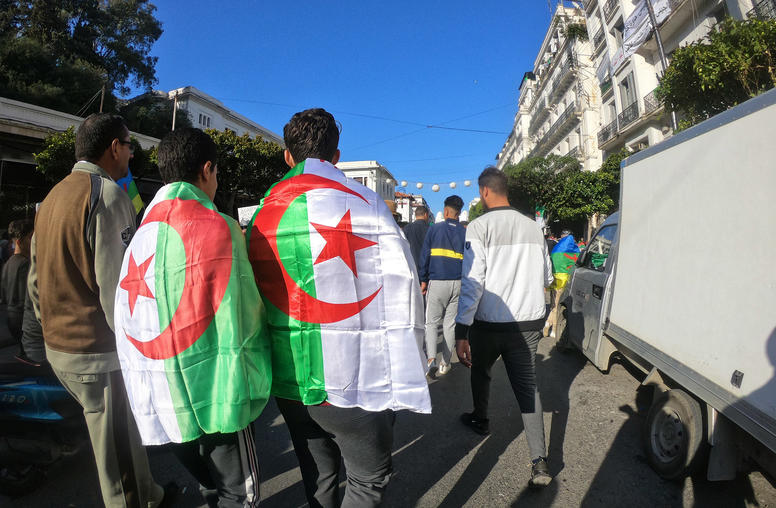
The Dilemma of Delaying Elections
Algeria’s Constitutional Council announced over the weekend it would cancel elections planned for next month in response to demands from protesters. Although such delays are often criticized, there are often good reasons to postpone an election in countries at risk of violent conflict. The security situation may complicate the logistics or put poll workers and voters at risk; heated campaigns may risk escalating communal tensions and endanger candidates; or conditions for a fair campaign may simply not be in place amid a state of emergency. At the same time there are risks associated with postponing a voting process. Along with Algeria, other recent examples from Afghanistan, Libya, and the Democratic Republic of the Congo highlight this dilemma.
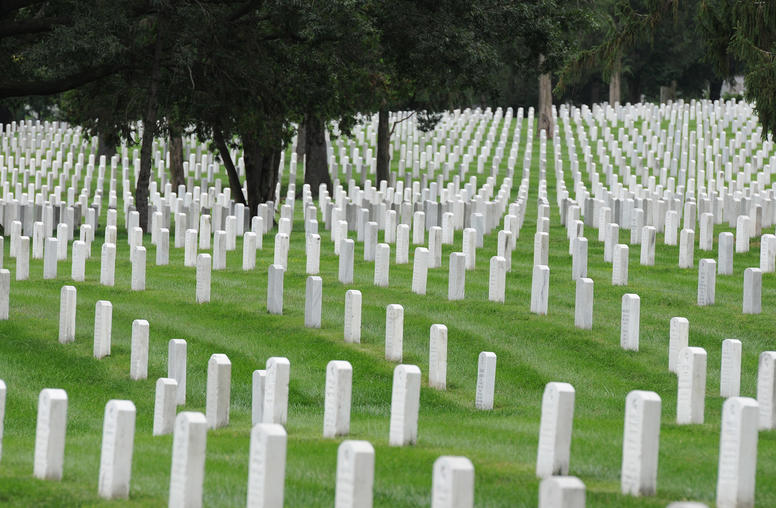
Honoring Sacrifice in War with Commitment to Peace
U.S. forces lost more than 100 soldiers killed over two years in Iraq’s “Triangle of Death,” south of Baghdad—until, with USIP, they helped usher in a 2007 peace accord among tribes in the region.
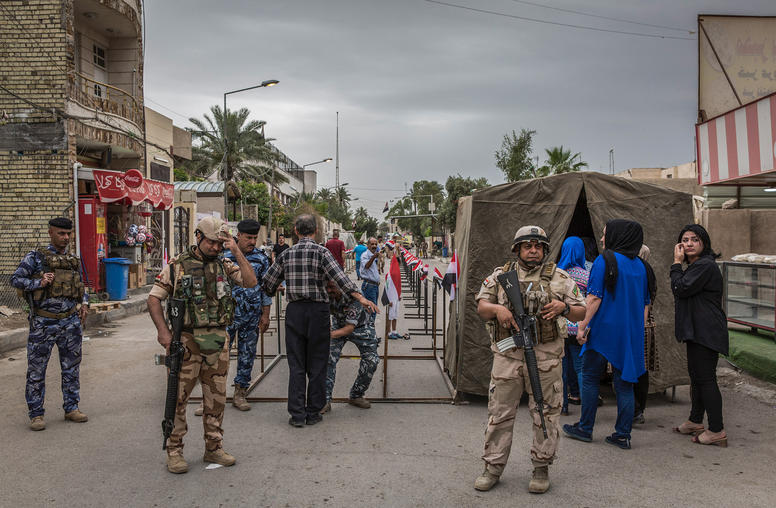
After ISIS, Stability in Iraq Requires Addressing its Fragility
It’s been more than a year since the territorial defeat of ISIS in Iraq, and the country has since made notable progress on several fronts, as I saw on a recent trip to Iraq. Concrete barriers known as t-walls are being removed from the streets, relations between Baghdad and Erbil have improved, and a more vibrant air permeates the streets of Baghdad. The peaceful election held last year was the fourth since 2005, marking an important milestone, with the formation of the new government almost complete.
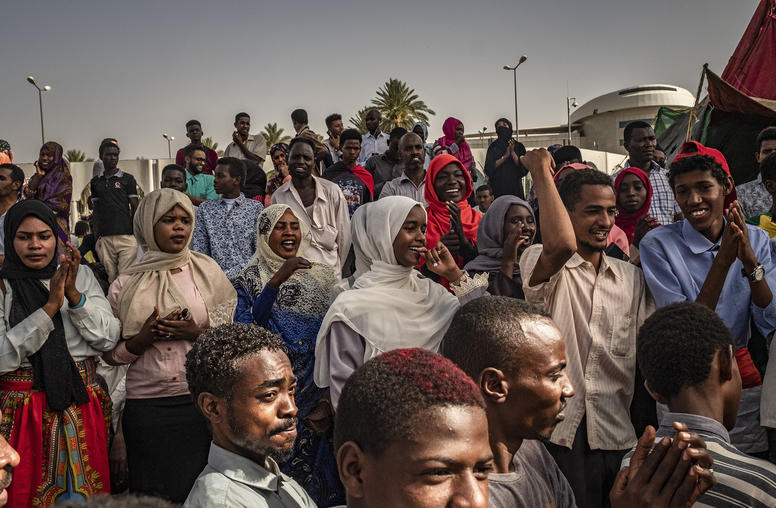
Not Just a Punchline: Humor and Nonviolent Action
In the span of a few weeks in April, two longtime North African dictators—Abdelaziz Bouteflika in Algeria and Omar al-Bashir in Sudan—were toppled by nonviolent movements. These successes further bolster what nonviolent theorists have long argued: nonviolent resistance is twice as effective as violence in achieving major political goals. Less understood and examined is the special, disarming role that humor can play in propelling nonviolent movements and defeating oppressive structures.
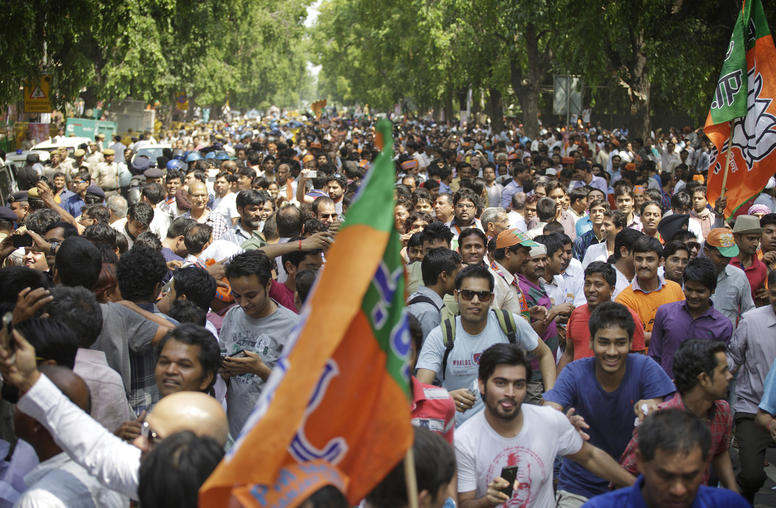
India: Keeping the Peace in the World’s Largest Election
From April 11 till May 19 voters are heading to the polls in India. Organizing an election with roughly one million polling stations and an electorate of 900 million people is no small effort. Providing security presents a herculean task in the face of religious intolerance, rising tensions in Kashmir, and inter-party clashes in northeast India.
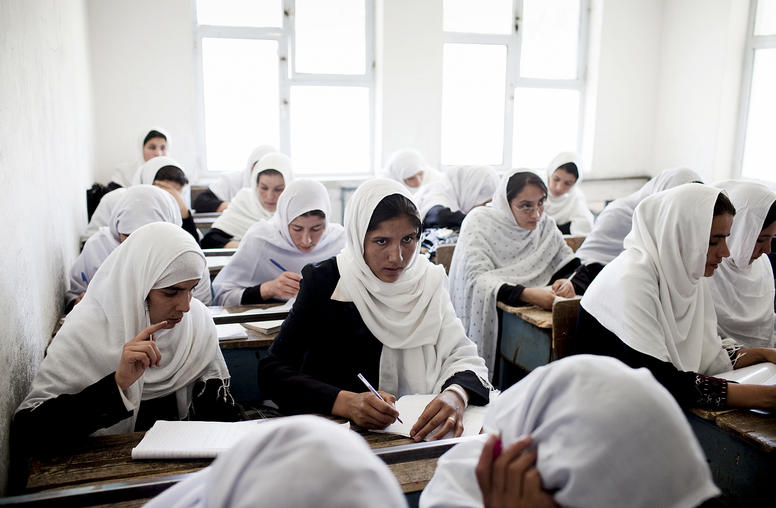
The Price of Peace in Afghanistan
While U.S.-Taliban talks have moved forward in recent months, intra-Afghan discussions—between the Taliban and the Afghan government—on the country’s political future have yet to even start. A conference scheduled to take place in Doha in mid-April could have initiated that dialogue but was postponed at the last minute over disagreements on who from the Afghan government list of delegates should attend and in what capacity. It was so last minute, in fact, that many planning on attending or observing—myself included—were already on flights to Qatar when the postponement was announced. Left out of negotiations to this point, what does Afghan civil society think about the peace process and the future of their country?
